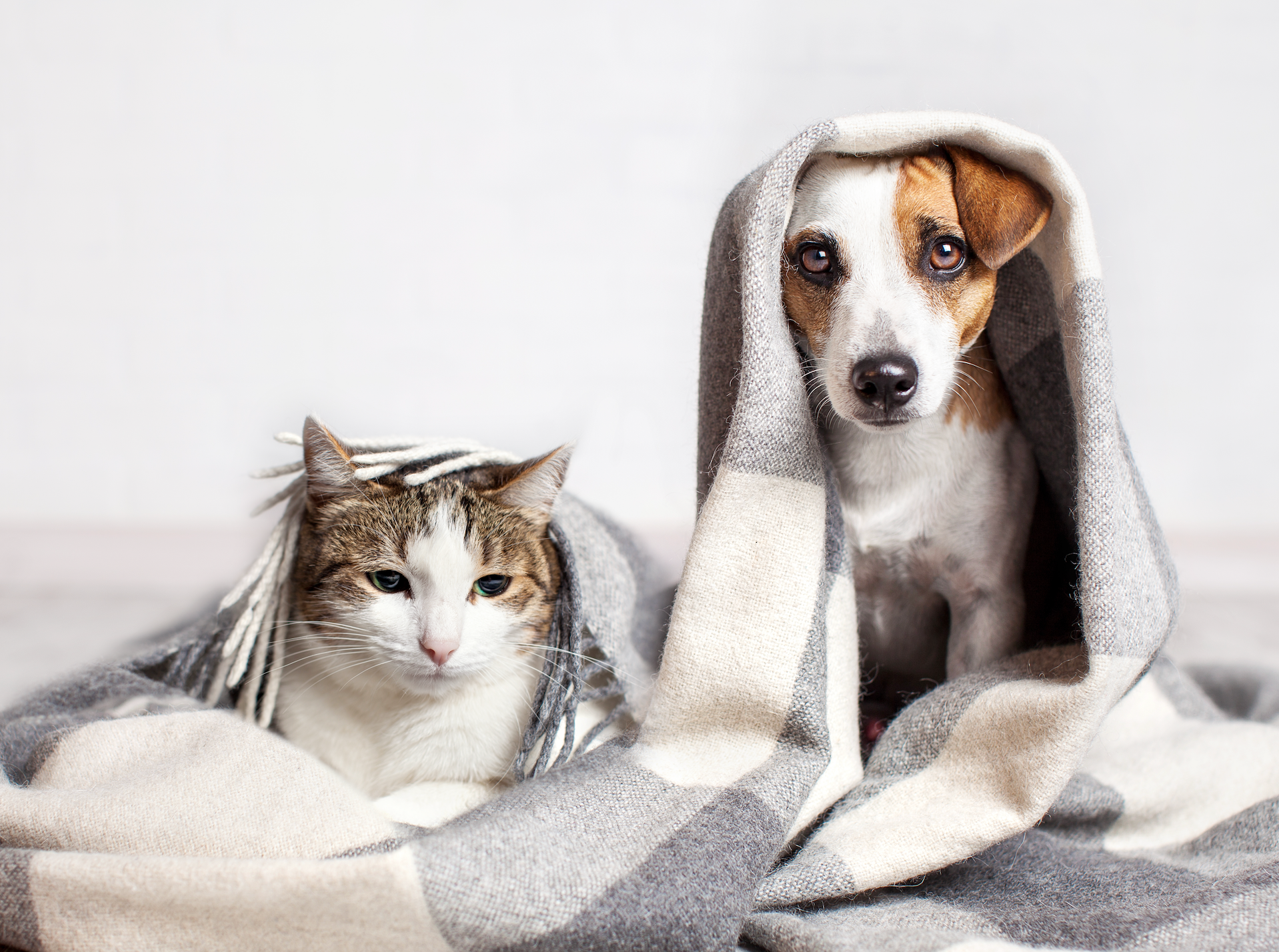Your cart is empty. Let's fix that!


Many people suffer from seasonal affective disorder—a more severe form of the winter blues some of us get when the days get shorter. But can your pets experience this type of depression too?
Seasonal affective disorder (or SAD) is a mood disorder that begins to crop up in the fall and winter as daylight decreases, altering our circadian rhythm. Reduced sunlight can cause a drop in serotonin levels—one of our “happy” chemicals—and the longer darkness increases the amount of melatonin we produce, making us drowsy. This can contribute to a depressed mood at this time of year, recognized as SAD in strong cases.
It’s estimated that nearly 20 million Americans experience SAD, while another 46 million tackle milder cases of the winter blues. If this winter depression is so common in people, is it possible that it affects our pets too?
While there are no scientific studies that have specifically looked for symptoms of seasonal affective disorder in dogs or cats, similar conditions have been identified in other animals. Studies on rodents have shown that they show signs of depression when they don’t receive enough daylight. While the official data isn’t there yet on seasonal affective disorder in cats and dogs, both animals use serotonin and melatonin just like humans and rodents do—making it likely that they experience some of the same feelings.
There are also simpler factors that might contribute to a pet’s seasonal depression. Many pets are sensitive to changes in their routine, and they might simply miss their outdoor playtime and sunbathing during the summer. Pets are also attuned to their humans’ emotions, meaning that if you are in a funk, they’ll pick up on it—and might mirror it in their own behavior.
There are some common symptoms of depression in pets (including possible cases of SAD). Watch out for:
If your pet displays any of these behaviors, reach out to your vet! They can help you determine whether this change in behavior might be due to physical pain, a change in their environment, or a depressive disorder.
Whether you or your pets (or both of you) are feeling the effects of SAD, you can work together to improve your mood and get closer to those happy summertime vibes.
The season ahead might seem long and dark, but the good news is you’re not facing it alone! You and your pet are a team in keeping SAD at bay and being each other’s mood booster for a happier winter.
If you or someone you love is suffering from depression or any other mental health issues, there are people ready to help.